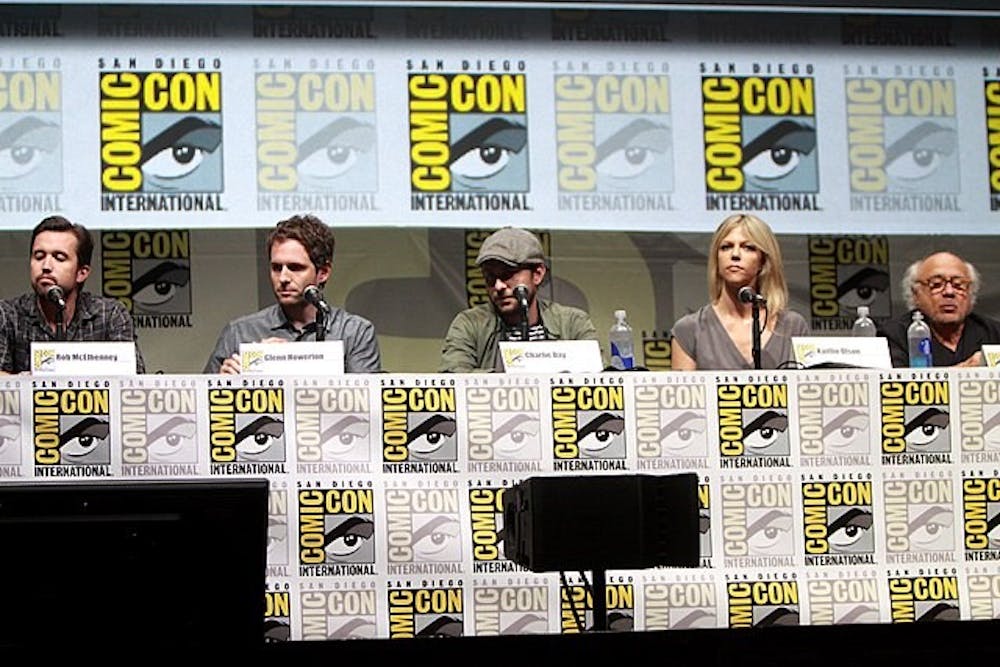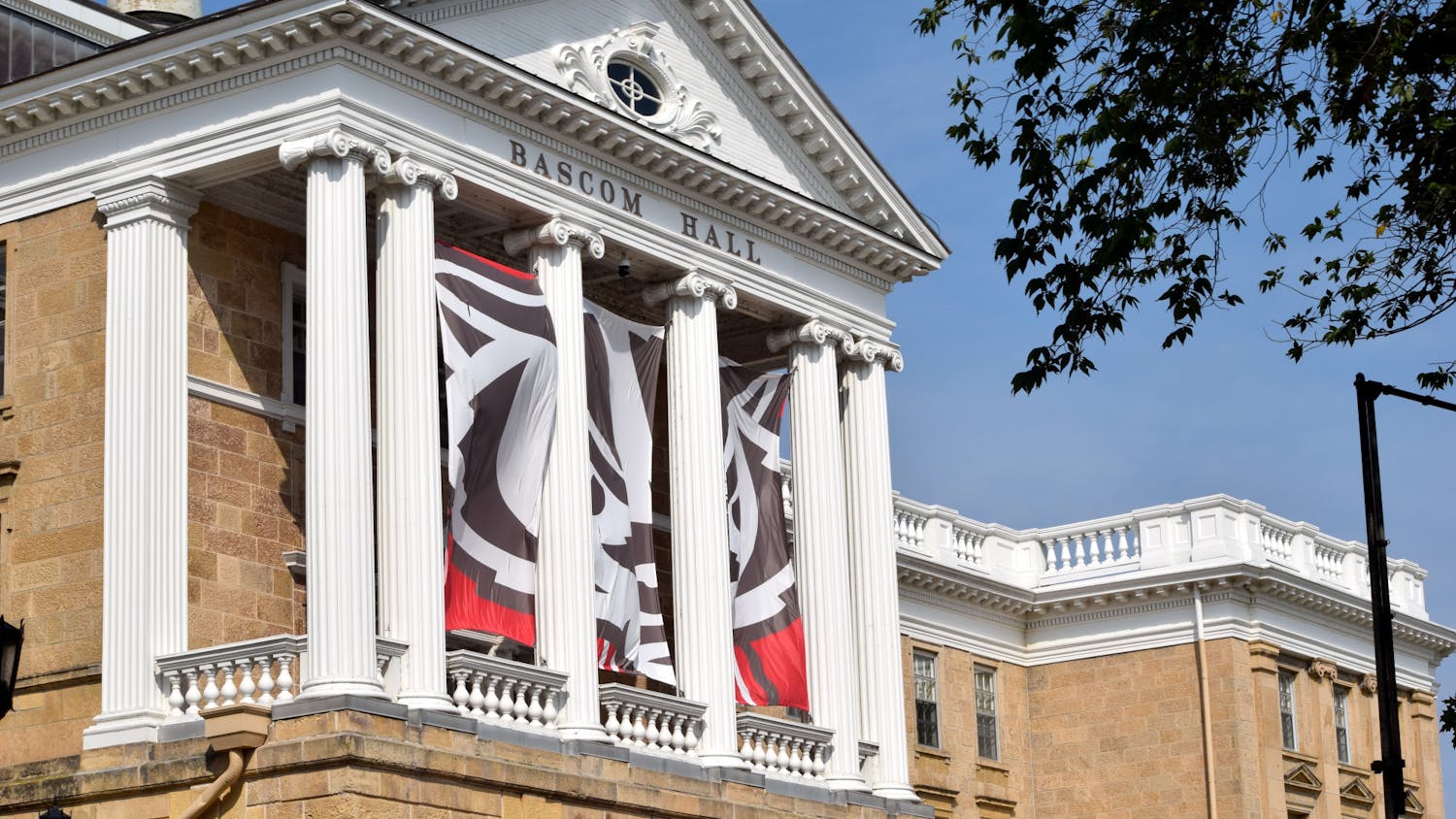What is the best U.S. produced sitcom of all time? Is it “Friends”? “The Office”? “Modern Family”? Maybe even “How I Met Your Mother”?
Construing one show over another for this top prize is completely subjective; however, “It’s Always Sunny in Philadelphia” surpasses all.
“It’s Always Sunny” follows “The Gang,” a group of five unsuccessful bar-owning Philadelphians named Dennis, Dee, Charlie, Mac and Frank who spend their days scheming, drinking and arguing with each other.
Whether it is blowing up an Israeli immigrant’s house to prevent losing their bar or Dennis and Dee becoming addicted to crack cocaine so they can apply for welfare, The Gang is always up to something ludicrous.
Yet, “It’s Always Sunny” shines in a different light than other American sitcoms. In other sitcoms, character arcs resemble something known as prosocial behavior, or any behavior intended to benefit another person or persons. Examples of this include comforting others, sharing your own resources or helping someone reach a goal. Essentially, it’s being a good person.
From this behavior, we watch sitcoms and see that a character may have some flaws. Yet, we genuinely expect that in the end they will demonstrate something constructive, relatable or good about themselves. As the show progresses, we get to watch that character grow and learn, ultimately becoming a better person as the seasons goes on.
“It’s Always Sunny,” on the other hand, is the complete opposite. It’s a show about terrible people doing terrible things. Dennis is a sociopathic narcissist (who is also probably a serial killer), Dee is a severely egotistical wannabe actress, Mac is an extreme racist and homophobe, Charlie is an illiterate stalker and Frank is a sociopathic scam artist.
Each character starts the show off with major flaws, but instead of seeing The Gang turn into better human beings, we continue to see them engage in their immoral, lunatic hijinks. Every member of The Gang experiences failure after failure — getting in trouble with rival bars, the authorities, gangs, other Philadelphians and drug lords day after day. Yet, there is absolutely zero self-reflection or personal betterment that comes from these failures because the blame is always just put onto someone else.
It’s because of this politically incorrect principle that the viewer becomes locked into a sleazy spectacle The Gang represents. There is a constant rooting for their success or a moment of personal betterness that will never end up coming.
At the same time, the viewer finds themself wishing for the inevitable failure that will result from the characters’ actions. This is the fascinating part of the show, as there is something morally wrong about watching some of the worst people alive consistently doing some of the worst things…
Yet we as viewers enjoy it?
Aside from the general characters, “It’s Always Sunny” made itself exceptionally different from other sitcoms through its use of dialogue. In most sitcoms, the characters’ dialogue is very articulated — flowing from line to line, conveying a planned-out, thoughtful message or joke with interludes of a laugh track after a punch-line.
For “It’s Always Sunny,” stuttering and talking over one another replaces this flow. The conversations are rough and scattered, and jokes — many of which are often improvised — are coming in left and right from character to character. It’s utter chaos. The show doesn’t need a laugh track to let you know when to laugh because they know you’re already going to be laughing.
If you look at “It’s Always Sunny” at face value, the show will probably sound insane, but that’s because it is. “It’s Always Sunny” was never supposed to be the typical sitcom. The characters suck and are never going to become better, the dialogue is rough and improvised, and the clothes and set are full of depressing, minute colors.
But that’s why I love it. It’s different.
Traditional sitcoms will make you feel satisfied throughout the stipulated half-hour, provoking the occasional chuckle. But, “It’s Always Sunny” will have you hanging on to every moment, waiting for that phrase, expression or situation that will make you pause the show while you laugh your heart out.
Owen Puckett is a sophomore studying Political Science. Do you agree that “It’s Always Sunny in Philadelphia” is one of the best American sitcoms? Send all comments to opinion@dailycardinal.com.





